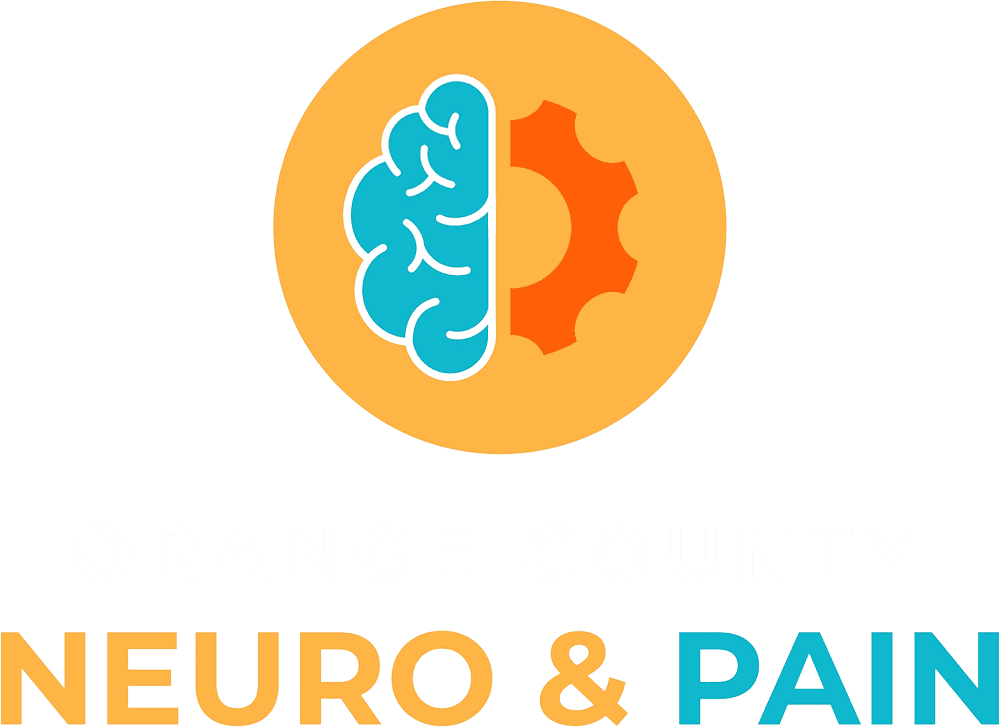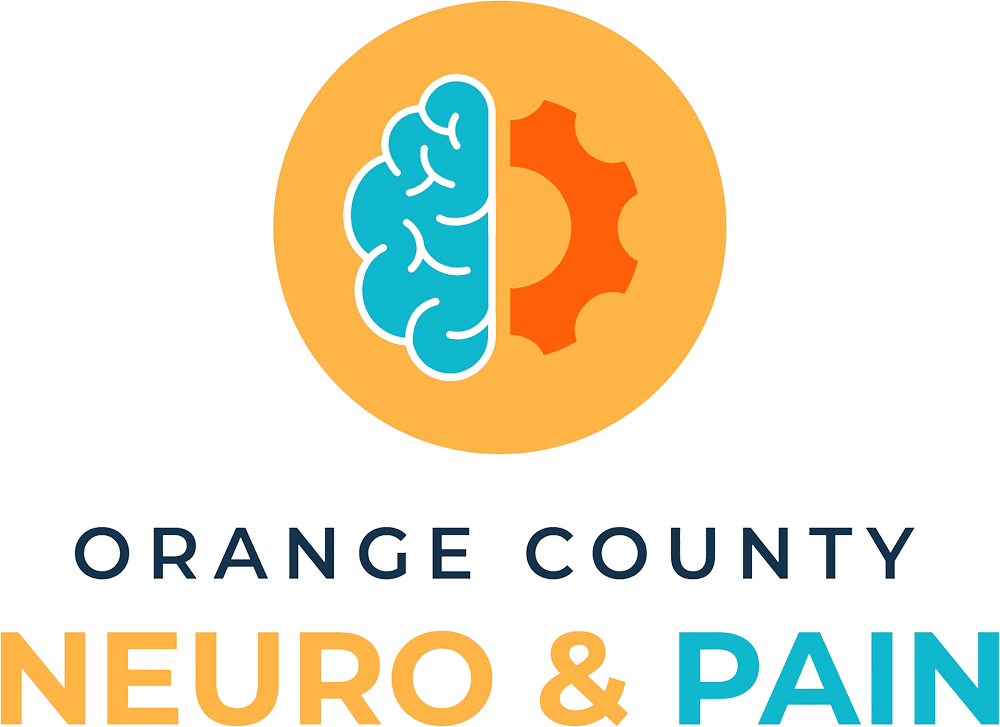

Post-traumatic stress disorder (PTSD) is a mental health condition that can develop in people who have experienced or witnessed a traumatic event. PTSD can affect anyone, regardless of their age, gender, or background.
Symptoms of PTSD
The symptoms of PTSD can be grouped into four categories: intrusive memories, avoidance, negative changes in thinking and mood, and changes in physical and emotional reactions.
Intrusive memories can include:
- Recurrent, unwanted distressing memories of the traumatic event
- Reliving the traumatic event as if it were happening again (flashbacks)
- Upsetting dreams or nightmares about the traumatic event
- Severe emotional distress or physical reactions to reminders of the traumatic event

Avoidance symptoms can include:
- Avoiding places, activities, or people that remind you of the traumatic event
- Feeling detached or numb
- Losing interest in activities that you used to enjoy
- Having a sense of a limited future
Negative changes in thinking and mood can include:
- Having negative thoughts about yourself, other people, or the world
- Blaming yourself or others for the traumatic event
- Having distorted feelings like guilt, shame, or fear
- Losing interest in important aspects of life
- Feeling emotionally numb and disconnected from others
Changes in physical and emotional reactions can include:
- Being easily startled or frightened
- Always being on the lookout for danger
- Self-destructive behavior, such as drinking too much or driving too fast
- Trouble sleeping
- Trouble concentrating
PTSD Causes
PTSD can develop after a person experiences or witnesses a traumatic event such as military combat, sexual or physical assault, a natural disaster, or a serious accident. Not everyone who experiences a traumatic event will develop PTSD, but for some people, the experience can trigger a cascade of physical and emotional changes that result in the condition.
Risk Factors For PTSD
Several factors can increase a person’s risk of developing PTSD after experiencing a traumatic event. These risk factors include:
- Living through dangerous or life-threatening events
- Having a history of mental health problems, such as anxiety or depression
- Having a family history of mental health problems
- Having little or no support from family and friends after the traumatic event
- Having a job that increases exposure to traumatic events, such as military personnel or first responders
- Experiencing additional stressors after the traumatic event, such as the loss of a loved one or financial problems
Diagnosing PTSD
PTSD is diagnosed based on a thorough psychological evaluation by a mental health professional. The diagnosis of PTSD requires that the symptoms persist for at least one month and significantly impair the person’s ability to function in daily life. The evaluation typically includes a review of the patient’s medical history, symptoms, and any exposure to traumatic events. The healthcare provider may also use standardized assessment tools and questionnaires to assist in the diagnosis of PTSD.
Treating PTSD With Ketamine
Ketamine is an anesthetic drug that has been found to have a potential role in treating PTSD. Studies have shown that ketamine infusions can lead to significant reductions in PTSD symptoms, including intrusive thoughts, avoidance behavior, and hyperarousal.
Unlike traditional treatments for PTSD, ketamine infusions can produce rapid and long-lasting improvements in symptoms. Additionally, ketamine has been found to improve mood, increase resilience, and reduce suicidal ideation in patients with PTSD.


